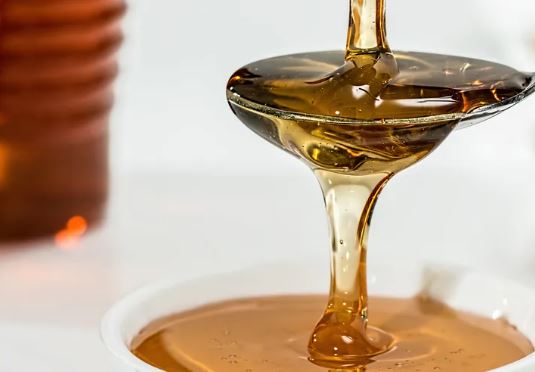Lifestyle
6 intriguing alternatives to refined sugar

There is so much emphasis given on the side effects of processed sugar that almost every other person is trying to swear off it.
Which is a great thing, but doesn’t resolve much issues as most people aren’t aware as to what they should replace it with and in what proportion. This leaves them in a vulnerable position.
With that being said, we offer you a simplified differentiation between different sugar alternatives to help you choose the best one:
1. Monk fruit sweetener
Its 150-200 times sweeter than sugar. They are stable at high temperatures unlike stevia, and hence can be used in a variety of desserts. It has been used for centuries in Eastern medicine as both a cold and digestive aid and has been approved safe to consume by FDA. Monk fruit is relatively new to the market, which is why the association with chronic conditions like obesity and diabetes have not been well studied. We believe, choosing monk fruit sweetener as a sweetener in foods and beverages is one way to reduce consumption of added sugars and reduce calorie intake, thereby maintaining health and reducing risk for lifestyle-related disease.
2. Date syrup
Date syrup contains only one ingredient, organic dates. It has a very low glycemic index and has antioxidant levels similar to maca or raspberries. They also contain minerals such as magnesium, potassium, zinc and iron in small proportions. Although date syrup is a natural alternative, it still is essentially a sugar and should be consumed in limit. Calorie wise it contains 33% less calories than refined sugar. As long as it’s consumed in moderation it’s a great alternative to both jaggery and honey.
3. Stevia
It is growing in popularity as a plant-based, calorie-free alternative to refined sugar. People prefer it to natural sweeteners , as it’s extracted from a plant rather than made in a lab. It also has little to no carbohydrates and doesn’t rapidly spike your blood sugar, making it popular among those who have diabetes or poor blood sugar control. It sometimes has a bitter aftertaste and doesn’t possess all of the physical properties of sugar during cooking. However, it’s an acceptable sugar substitute and tastes best when used raw. Still, research on its long-term effects is lacking.
4. Honey
Calorically honey has a little less calorie than sugar due to its water content. Raw honey contains a range of compounds that act as antioxidants including phytochemicals, flavonoids, and ascorbic acid having anti-inflammatory properties and other health benefits. It has been studied that raw, unpasteurized honey can kill unwanted bacteria and fungus, as it contains hydrogen peroxide, a natural antiseptic, which can kill harmful bacteria and fungi. Sadly, the market today does not easily have raw honey available. Compared to sugar, honey is sweeter due to high fructose content, which is why you can use a smaller amount to satiate your sweet tooth.
5. Erythritol
It is again a zero-calorie artificial sweetener, thereby reducing calorie intake and looks a lot like refined sugar. It’s stable at high temperatures, and therefore can be used everywhere. It has zero glycemic index, but it cannot be a 1:1 sugar replacement, as it’s 30% less sweet than sugar. Some studies found it to cause digestive issues in a small population. It costs around 40 times more than refined sugar, making it not very accessible.
6. Jaggery
A concentrated form of cane sugar, Jaggery is our least favorite alternative to sugar. It has slightly more vitamins and minerals than sugar, but again you will have to consume it in high proportion to get these benefits. One must remember that calorically it’s very close to sugar, 1 tsp jaggery = 22 kcal and 1 tsp sugar= 16 kcal, and making desserts loaded with them is not going to do you any favors.






